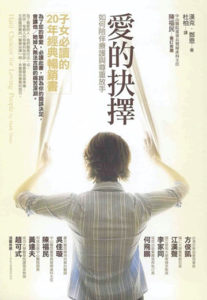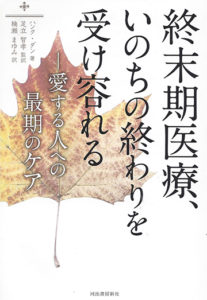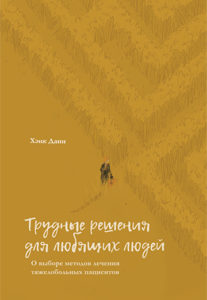Would you trust someone who contacts you by email, claims to be from Russia, and wants to publish your book in their country? This happened to my publisher and me almost two years ago. Can we trust them?
Trust, but verify


I am reminded of a Russian proverb that Ronald Reagan was fond of quoting as he negotiated arms treaties with what was then the Soviet Union, “Trust, but verify.”
Twice before this, I was contacted by foreign publishers out of the blue requesting the same thing. As a result, Hard Choices for Loving People is now available in Japan and Taiwan.
You know — I am so thankful these people contacted us. They could have stolen my copyrighted material and published it without us ever knowing it had happened. I am sure there are international agreements that supposedly protect authors like myself. But if they were to publish without contacting us, it would be highly unlikely we would find out — and very expensive to try to stop them if we did.
We live in a state of trust
Come to think about it, we all live much of our lives in a state of trust. I occasionally find myself on a rural Mississippi two-lane, and suddenly, it dawns on me I trust those people in the other lane will stay in their lane. Or trust that people are going to stop at a stoplight as I go through the green. Or that the bank is going to keep my money. Or that the building I am in is not going to collapse.
 The Russian Hospice Charity Fund that requested to translate my book seems like people I want to trust. From their website:
The Russian Hospice Charity Fund that requested to translate my book seems like people I want to trust. From their website:
Someone who can’t be cured can still be helped.
The mission of Hospice Charity Fund is to make sure that every terminally ill patient in Russia has access to quality hospice care and pain relief – regardless of their age, financial and social status or place of registration.
Regardless of the differences we may have with other countries, on an individual basis, human compassion is universal.
So is trust.





